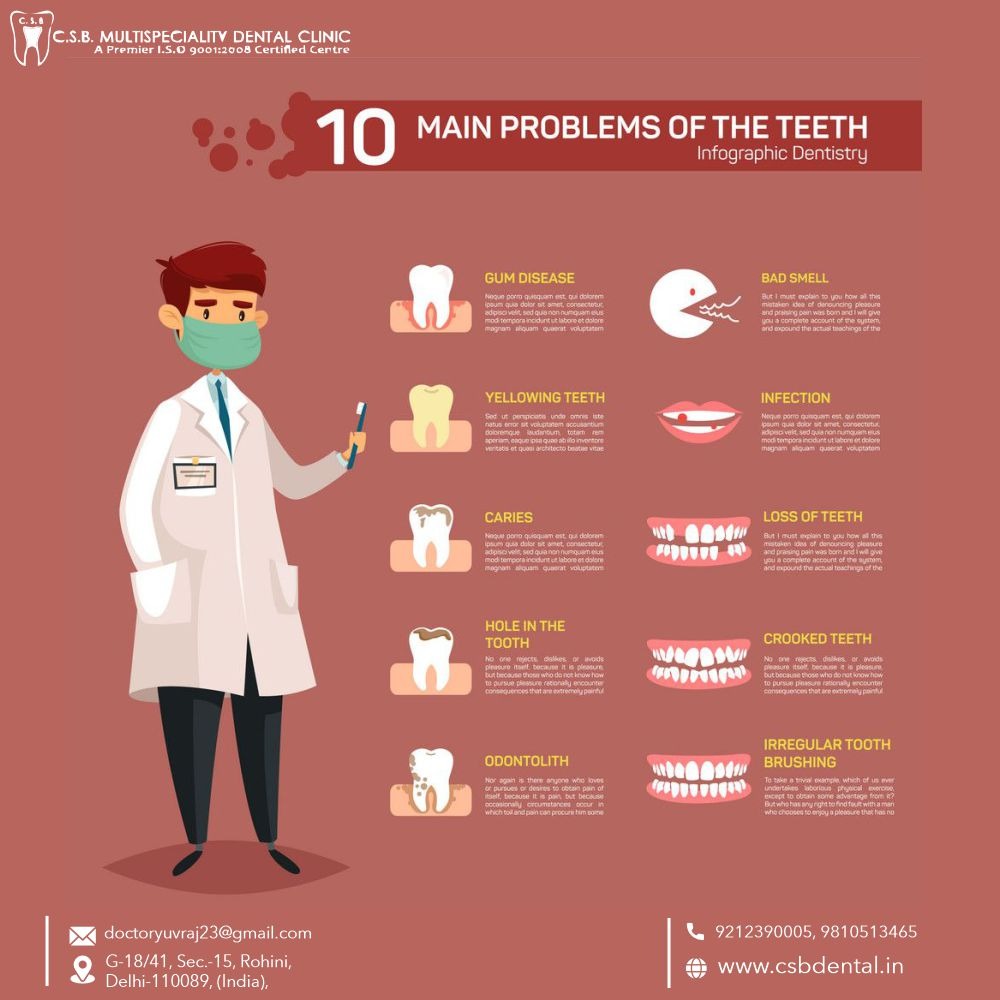Pit And Fissure Sealants
Sealants are a safe and painless way of protecting your teeth from tooth decay. A sealant is a protective plastic coating, which is applied to the biting surfaces of the back teeth. The sealant forms a hard shield that keeps food and bacteria from getting into the tiny grooves in the teeth and causing decay.
Sealants are only applied to the back teeth - the molars and premolars. These are the teeth that have ‘pits' (small hollows) and ‘fissures' (grooves) on their biting surfaces. Your dental team will tell you which teeth should be sealed after they have examined them, and checked whether the fissures are deep enough for sealing to help. Some teeth naturally have deep grooves which will need to be sealed; others have shallow ones which will not need sealing.
Sealants usually last for many years, but your dental team will want to check them regularly to make sure that the seal is still intact. They can wear over time, and sometimes the dental team need to add or replace some sealant to be sure that no decay can start underneath it.
The sealant forms a smooth, protective barrier by covering all the little grooves and dips in the surface of the tooth. Dental decay easily starts in these grooves if they are not sealed.
Sealants are often applied as soon as the first permanent teeth start to come through. This is usually between 6 and 7 years of age. The rest are usually sealed as soon as they appear which can be any time between 11 and 14 years of age.
Yes. It is still very important to do this. The smooth, sealed surface is now much easier to keep clean and healthy with normal brushing. Using a fluoride toothpaste, last thing at night and at least one other time during the day, will help to protect your teeth. Pit and fissure sealing reduces tooth decay and the number of fillings you might need.


Leave A Message